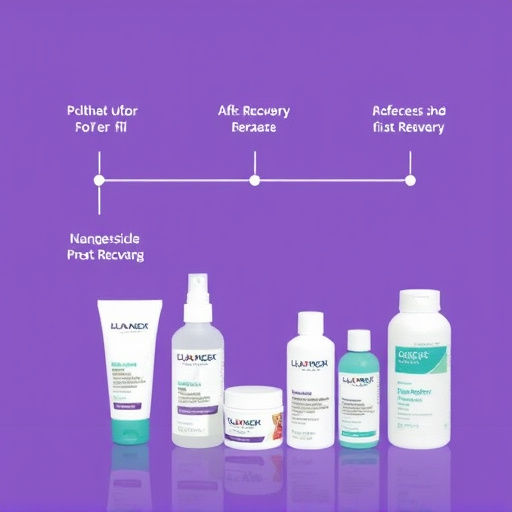In construction quality evaluations, integrating air intake systems and brand reliability is essential. Efficient air intake improves indoor air quality, temperature regulation, and moisture control, enhancing building longevity. Reputable brands with high durability ratings and reliability ratings offer durable products that resist degradation, reinforcing structural integrity. Prioritizing well-established brands reduces maintenance needs and contributes to sustainability. Advanced monitoring systems track air intake and material quality, ensuring projects meet highest standards. Regular quality checks and workshops with industry experts optimize air intake, material selection, and overall durability.
Construction quality evaluations are a vital process ensuring buildings meet safety standards and endure the test of time. This article explores the intricate aspects of these evaluations, delving into key factors like air intake—a critical component affecting indoor air quality and energy efficiency—and the role of brand reliability in shaping construction quality. We’ll also uncover effective metrics for gauging durability and strategies to continually enhance overall construction quality through robust rating systems.
- Understanding Construction Quality Evaluations: The Role of Air Intake and Brand Reliability
- Metrics for Measuring Durability in Construction Quality Assessments
- Strategies to Enhance Overall Construction Quality: Ratings and Beyond
Understanding Construction Quality Evaluations: The Role of Air Intake and Brand Reliability

Construction quality evaluations are a critical aspect of ensuring that buildings meet safety standards and last over time. One key component often overlooked but crucial to overall quality is air intake—the system responsible for providing adequate ventilation throughout a structure. Proper air intake not only enhances indoor air quality but also contributes to the longevity of the building, as it helps regulate temperature, reduce moisture buildup, and prevent the accumulation of pollutants.
In addition to efficient air intake systems, brand reliability plays an equally significant role in construction quality evaluations. Established brands with proven track records in manufacturing and material science are more likely to deliver products that are durable and consistent in performance over time. Ratings for durability and overall reliability from reputable sources can serve as valuable indicators of a product’s or system’s potential long-term success, thereby reinforcing the structural integrity and operational efficiency of the constructed environment.
Metrics for Measuring Durability in Construction Quality Assessments

In construction quality assessments, measuring durability is a critical component that ensures structures stand the test of time. Metrics for evaluating durability should encompass various aspects to guarantee long-term performance and structural integrity. One key metric is air intake, which measures the rate at which materials breathe, allowing for effective moisture management and preventing decay. This is particularly important in ensuring the longevity of construction materials, especially in regions with high humidity levels.
Additionally, brand reliability ratings play a significant role in durability assessments. Reputable brands often adhere to stringent quality control measures during manufacturing, resulting in superior products that are more resistant to degradation over time. By prioritizing well-established brands known for their reliable performance, construction professionals can enhance the overall durability of the project. This strategy not only reduces maintenance requirements but also contributes to a more sustainable built environment.
Strategies to Enhance Overall Construction Quality: Ratings and Beyond

In the pursuit of excellence in construction quality, moving beyond mere ratings is essential. Effective strategies should focus on holistic improvement, ensuring each project meets the highest standards. One key approach involves integrating advanced monitoring systems that track air intake and material quality during construction. By maintaining brand reliability ratings for materials and components, contractors can guarantee durability and performance. Regular quality checks at various stages of construction not only identify issues early but also allow for prompt corrective actions.
Moreover, fostering a culture of continuous learning and collaboration among stakeholders is vital. This includes engaging industry experts to conduct workshops and share best practices related to air intake optimization and material selection. Implementing these strategies ensures that construction projects are not just rated highly but also stand the test of time, delivering exceptional quality and value to all stakeholders involved.
Construction quality evaluations are multifaceted processes that go beyond simple visual inspections. By incorporating metrics like air intake and brand reliability, along with a focus on durability, we can significantly enhance overall construction quality. These strategies not only ensure robust and long-lasting structures but also provide a comprehensive framework for future projects, ultimately leading to better building ratings and improved industry standards.














